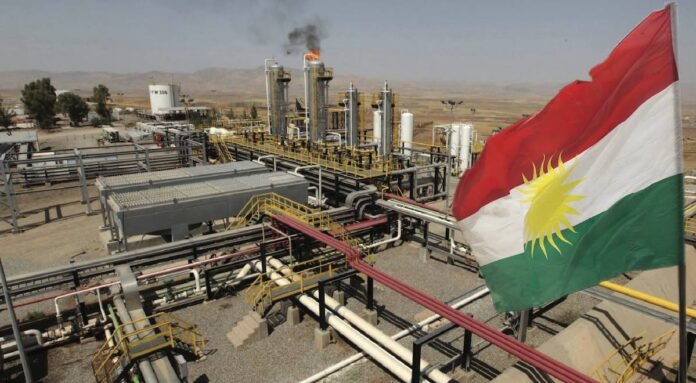The Federal Supreme Court of Iraq has rejected a lawsuit targeting the Kurdistan gas contracts signed by the Kurdistan Regional Government (KRG). This decision marks a clear victory for the KRG and brings much-needed clarity to the legal framework surrounding energy development in the region.
The lawsuit was filed by Bassem Naghish Jalif Zghair al-Ghribawi, a member of Iraq’s Parliament and the Oil, Gas, and Natural Resources Committee. He aimed to cancel two major contracts signed on May 19 for the Miran and Topkhana-Gardemeyer gas fields. These agreements involved the international energy companies HKN Energy and WesternZagros.
Al-Ghribawi argued that the KRG should not have signed such contracts without first obtaining approval from Baghdad. He asked the court to declare the deals invalid and demanded a rule requiring KRG officials to seek federal consent for all future oil and gas agreements.
However, the court dismissed the lawsuit. It ruled that the contracts were valid and that the KRG had acted within its constitutional powers. The judges reaffirmed that the KRG holds the authority to enter into energy agreements with foreign partners.
This verdict strengthens the legal standing of existing Kurdistan gas contracts. It also reassures foreign investors who have long been involved in the region’s energy sector. International oil and gas companies play a crucial role in developing local resources, boosting revenues, and creating jobs in the Kurdistan Region.
The ruling is expected to accelerate investment in natural gas production. It may also pave the way for further exploration and development in other untapped fields. Energy leaders in Erbil welcomed the court’s decision, describing it as a legal milestone that supports economic stability.
The KRG has maintained that its right to manage natural resources is protected under Iraq’s constitution. This case was seen as a critical test of that interpretation. With the court now siding with the KRG, future Kurdistan gas contracts are likely to face fewer political or legal hurdles.
Regional officials believe that energy independence is essential for economic progress. The decision will allow them to continue expanding infrastructure, building export capacity, and meeting both domestic and international demand.
In the long term, this ruling could reduce tension between Erbil and Baghdad over control of natural resources. It signals a judicial acknowledgment of the KRG’s semi-autonomous authority and sets a precedent for future disputes.

